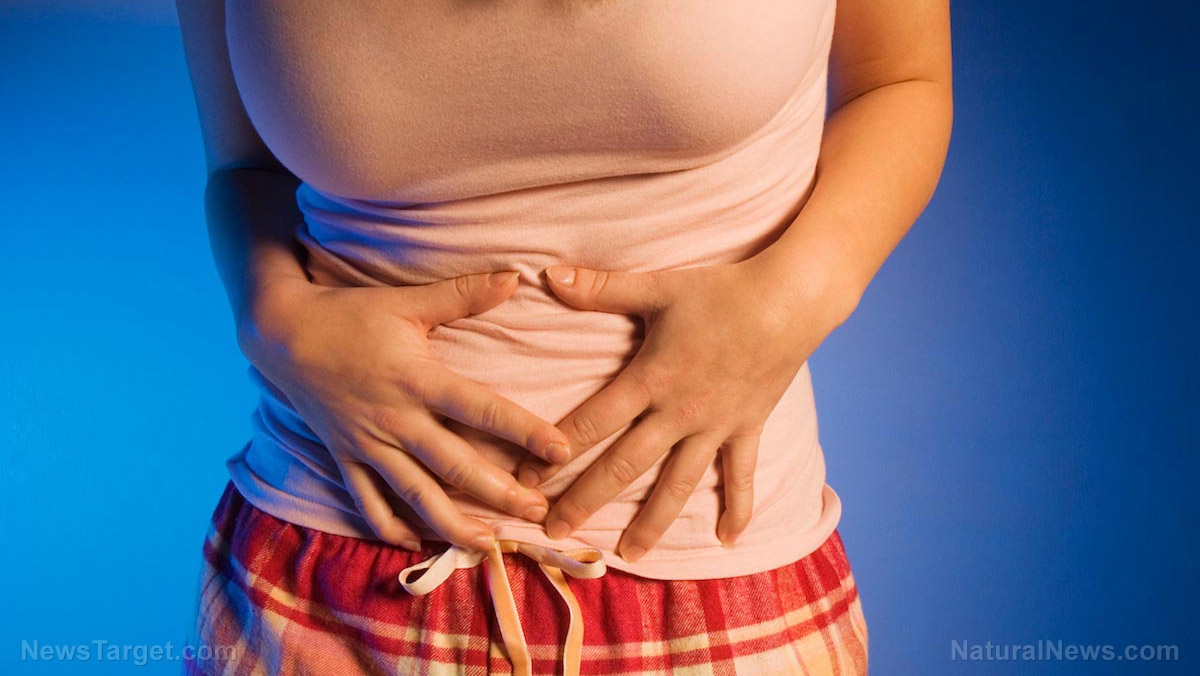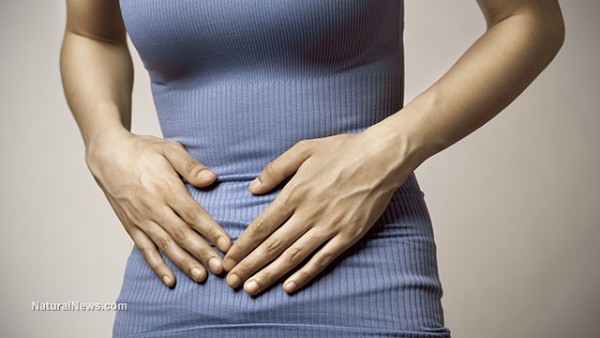Consuming soy foods helps lower the risk of fractures in younger pre-menopausal survivors of breast cancer: Study
03/11/2020 / By Darnel Fernandez

Soybeans are a type of legume native to certain regions of Asia. This legume has been an integral part of traditional Asian diets for millennia, with some studies suggesting that soybeans were grown in China as early as 9,000 B.C. Nowadays, soybeans are consumed regularly as a source of plant-based protein. They are also used as an ingredient in many processed foods — one of the reasons for the controversial opinions about soy. Regardless of these controversies, you can still enjoy the positive benefits of soy products, like lowering cholesterol and reducing menopause symptoms – if you know which ones to eat. In fact, recent research suggests that soy-based foods could even help improve bone mineral density.
A study published in the journal JNCI Cancer Spectrum found that diets high in soy-based foods are associated with a lower risk of osteoporotic bone fractures in younger pre-menopausal breast cancer survivors. According to the researchers, this is the first study to ever document such data. (Related: Soy foods may lower certain type of prostate cancer risk.)
Eat soy foods for better bone health
According to the American Cancer Society, breast cancer is one of the most common cancers affecting American women – second only to skin cancer. They estimate that 1 in 8 women could be diagnosed with breast cancer during their lifetime. Because of this, many women undergo treatments for breast cancer, which could cause premature menopause and even decrease bone mineral density. This decrease in density could lead to an increase in osteoporosis-related fractures among breast cancer survivors compared to healthier women of the same age.
In this study, researchers from Yale University investigated the incidence of bone fractures and their association with eating soy food products, exercise and body mass index among breast cancer survivors. The research team used data from the Shanghai Breast Cancer Survival Study of 5,042 newly diagnosed breast cancer survivors within the age group of 20-75. The researchers gathered information at enrollment, which included the patients’ cancer diagnosis, medication use, treatment history, dietary habits, exercise and other lifestyle factors.
Throughout the 10-year study period, the team found that only 3.6 percent of the participants experienced osteoporotic bone fractures. However, they also discovered that high soy intake in the participants’ diets could reduce osteoporotic fracture risk in younger women by 77 percent. Exercise also significantly reduced risk of these fractures among older women.
The researchers concluded that soy-based foods are rich in isoflavones that act as a natural selective estrogen receptor modulator (SERM), which can increase bone mineral density. This finding is consistent with previous studies that show the extended use of tamoxifen, a drug or SERM prescribed to breast cancer patients, can reduce fracture risk by 37 percent.
“The menopausal transition is known to be a period of high risk for bone loss, and given the relative scarcity of data related to fracture risk among younger women with breast cancer, this study marks an important contribution to this body of literature,” said the paper’s lead author, Evelyn Hsieh. “Our findings, in particular regarding the protective effects of soy food consumption, provide novel insight into how future interventions can be best tailored to different risk groups.”
What makes soy good?
Soy-based food may offer several benefits that contribute to overall good health. However, it’s important to note that you should be looking for soy-based products that are not genetically modified or non-GMO to make the most out of soy. With that said, below you can find a few health benefits from eating soy-based foods.
- Could help lower cholesterol levels. Soy products are found to have positive effects on your cholesterol levels. According to an extensive review of 35 studies, soy-based products reduced the total LDL or “bad” cholesterol and total cholesterol in the body, all while raising the amount of “good” HDL cholesterol. The researchers noted that these cholesterol improvements were much more effective in participants with higher cholesterol levels.
- May improve fertility. Eating soy products could even improve fertility outcomes in women. In a small-scale study with 36 participants who haven’t had menstruation in 6 months, researchers found that those who took 6 grams of soybean powder a day had much higher rates of ovulation and menstrual cycles compared to participants who did not take soy.
Keep your bone health up to speed by adding soy-based food to your diet. For more related stories, visit WomensHealth.news.
Sources include:
Tagged Under: bone fractures, bone health, breast cancer, food cures, food is medicine, functional food, non-GMO, osteoporosis, prevention, SERM, soy-based foods, women's health
RECENT NEWS & ARTICLES
COPYRIGHT © 2017 WOMENS HEALTH NEWS


















